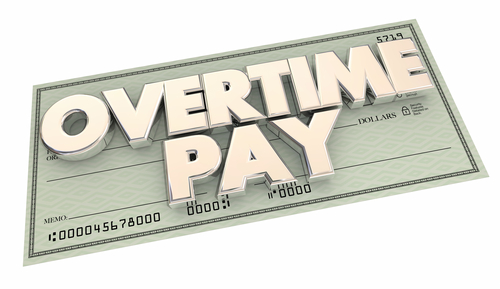By Abby Wargo/Law360
A Texas federal judge agreed Tuesday to certify a collective of customer service representatives alleging that a medical technologies corporation failed to pay them for off-the-clock work, finding they were all subject to the same policies while declining to toll the statute of limitations and extend the class period.
In an opinion and order, U.S. District Judge Jane J. Boyle granted Angelita Floyd’s motion to certify a Fair Labor Standards Act collective of customer service representatives at Stryker Corp.’s Flower Mound, Texas, facility who did not receive time-and-a-half overtime premiums for hours worked over 40.
However, Judge Boyle would not toll the statute of limitations from Nov. 1, 2022, through April 3, 2023, ruling that there were no outstanding circumstances warranting equitable tolling and limiting the class period to Jan. 2, 2021, to the present. She ordered a 60-day notice period for Floyd to communicate with potential collective members.
Floyd showed that the customer service representatives were all subjected to the same productivity requirements, under the same supervisory umbrella and paid the same $20 hourly rate, regardless of whether they held a senior role or not, the judge found.
Stryker had argued that senior representatives and nonsenior representatives had different job duties and that more senior workers had additional responsibilities, but the judge said the workers do not have to prove they are identically situated and only need to show that they had some commonalities.
Floyd sued in May 2022, alleging that she and other customer service representatives worked off-the-clock without pay for Stryker. Since then, 10 opt-in plaintiffs have joined the lawsuit, records show.
Customer service representatives were all hourly paid and scheduled to work 40 hours a week, Monday through Friday, but Floyd said they often had to work after-hours to keep up with the volume of customer orders, as they were required to process after-hours orders before 10 a.m. the next day. If they failed to do so on time, Stryker would reprimand them and threaten to place them on a performance improvement plan, thus pressuring them into performing unpaid work, Floyd alleged.
A medical technologies corporation based in Kalamazoo, Michigan, Stryker opened its customer service department in Flower Mound in 2020, records show.
Robert J. Valli Jr. of Valli Kane & Vagnini LLP, who is representing the workers, told Law360 the judge’s decision was well-reasoned and thorough.
“We agree with the court’s decision to credit plaintiffs’ argument that the type of work performed is a more appropriate factor than an employee’s title, when deciding a FLSA motion for certification,” Valli said.
Counsel for Stryker did not immediately respond to a request for comment Tuesday.
The workers are represented by Alexander M. White and Robert J. Valli Jr. of Valli Kane & Vagnini LLP.
Stryker is represented by Amanda E. Brown, Joseph J. Mammone Jr. and Paulo B. McKeeby of Reed Smith LLP.
The case is Floyd v. Stryker Corp., case number 3:22-cv-01131, in the U.S. District Court for the Northern District of Texas.
–Editing by Abbie Sarfo.
Read the article from Law360 here.





 Starting early in the new millennium, around 2003, article after article appeared in business journals telling businesses to brace themselves. These articles warned employers that if they have been misclassifying employees, and not giving them all the pay they have earned, they should expect
Starting early in the new millennium, around 2003, article after article appeared in business journals telling businesses to brace themselves. These articles warned employers that if they have been misclassifying employees, and not giving them all the pay they have earned, they should expect  As discussed, some jobs are exempt from the
As discussed, some jobs are exempt from the 




